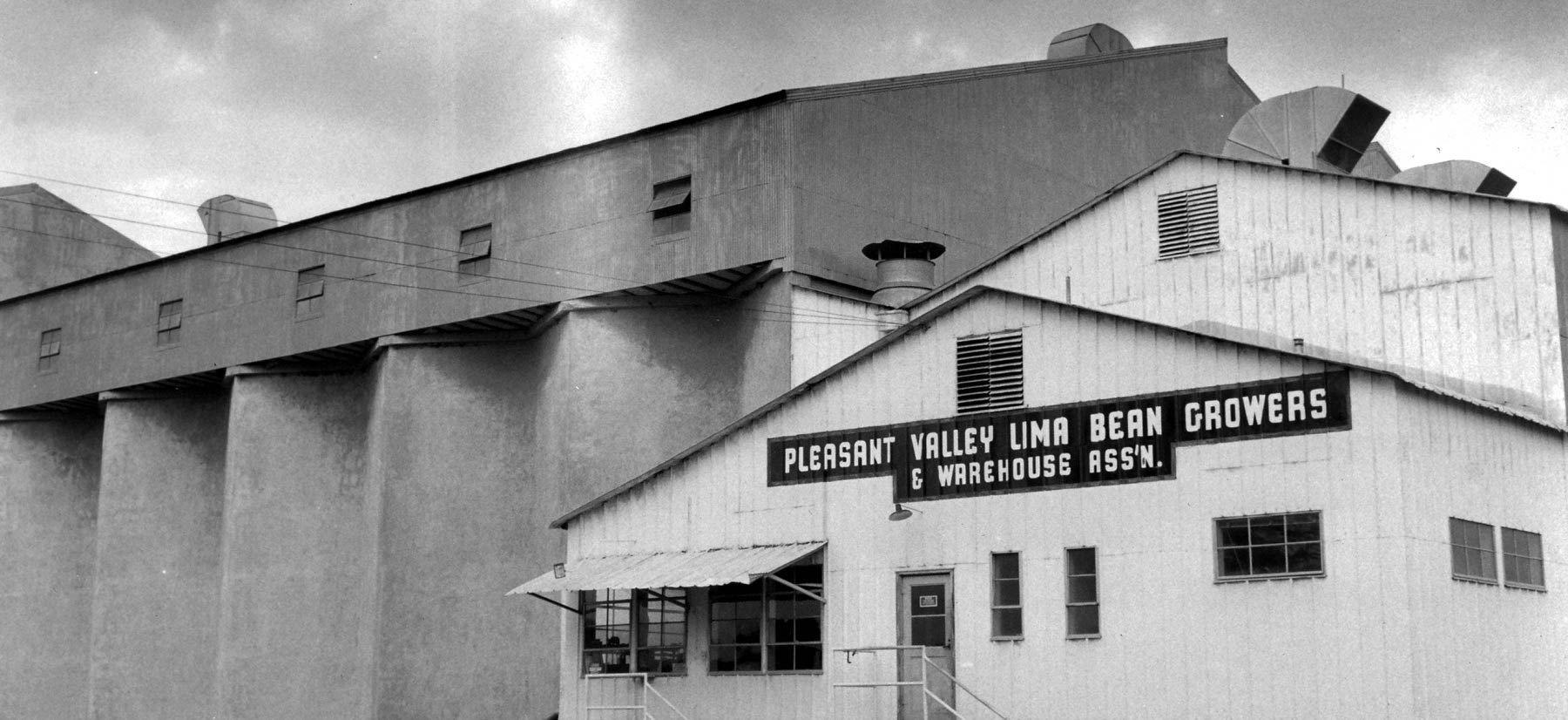Who We Are
For more than a century, Farm Bureau has been supporting local farmers through education and advocacy.

Our History
Farm Bureau of Ventura County was born in 1914. Although the organization has changed a great deal over the past century, its core mission – to represent, serve and support local agriculture – has not.
Setting The Stage
Crops and livestock were introduced to Ventura County with the establishment of Mission San Buenaventura in 1782. The missionaries and soldiers brought grain, cattle, fruit and vegetables. Large-scale farming did not begin in earnest, however, until the Civil War period. By 1880, Ventura County contained 573 farms encompassing more than 81,000 tilled acres. A decade later, the number of farms had jumped to 764, with more than 137,000 acres in cultivation. Most was planted in grain, including wheat and barley.
The Civil War period also saw the first of three significant legislative milestones that eventually gave birth to Farm Bureau of Ventura County: the first was the Morrill Land-Grant College Act, signed into law by President Abraham Lincoln in 1862. The act gave states blocks of land they could sell to finance higher education in agriculture, science and the mechanical arts.
The next milestone was passage of the Hatch Act in 1877, establishing a system of agricultural research stations linked to the land-grant colleges. The final step was the Smith-Lever Act, signed into law by Woodrow Wilson in 1914. The act established a federal-state-local partnership to conduct “Cooperative Agricultural Extension Work” and carry the fruits of scientific research onto the nation’s farms.
A Partnership Begins
The Morrill Act led to the creation of the University of California in 1868. The Hatch Act gave rise to agricultural field stations, some of which became UC campuses themselves. The Smith-Lever Act led to the establishment of the UC Agricultural Extension Service and its Farm Advisors, charged with improving agricultural productivity by bringing science to the farm. In order to secure a Farm Advisor, at least 20 percent of a county’s growers had to organize themselves into a Farm Bureau.
Ventura County farmers wasted no time. Even before the Smith-Lever Act had been signed, they began convening organizational meetings to drum up sufficient support. The first was on Jan. 29, 1914. On April 9, the Ventura County Board of Supervisors agreed to provide $2,000 to fund the Extension Service office. Smith-Lever became law on May 8. Growers met to establish the Farm Bureau on June 20.
The Ventura County Farm Bureau began operation on Aug. 10, 1914. It had 300 dues-paying members, and it immediately began organizing demonstrations, meetings and ranch visits by the county’s first Farm Advisor, William B. Parker. At the time, walnuts, apricots, lima beans, lemons and oranges were the top crops.
Science & Service
Among the first projects undertaken by the Farm Bureau and Ventura County’s Farm Advisor was a campaign to suppress ground squirrels, which were considered a major pest — “one of the most injurious animals we have,” in the words of one Farm Bureau director. Working together, Farm Bureau and the Extension Service also tackled hog cholera, established flood protection districts, and founded the California Lima Bean Growers Association.
Many of the programs undertaken by Farm Bureau and the Extension Service in the early years of their partnership addressed practical farm needs — tractor demonstrations, tests of orchard heaters, pruning workshops. Armed with better information and improved technology, Ventura County farmers and ranchers dramatically improved productivity and established a tradition of creativity and adaptability that persists today.
More than 100 years after it began, the partnership between Farm Bureau and UC Cooperative Extension continues to deliver benefits to Ventura County agriculture. Farm Bureau’s role has expanded greatly since those early days, however, and now includes political and legislative advocacy, public education, assistance with regulatory compliance, and media relations. As it enters its second century, Farm Bureau continues to evolve and innovate — just like the industry it represents.





